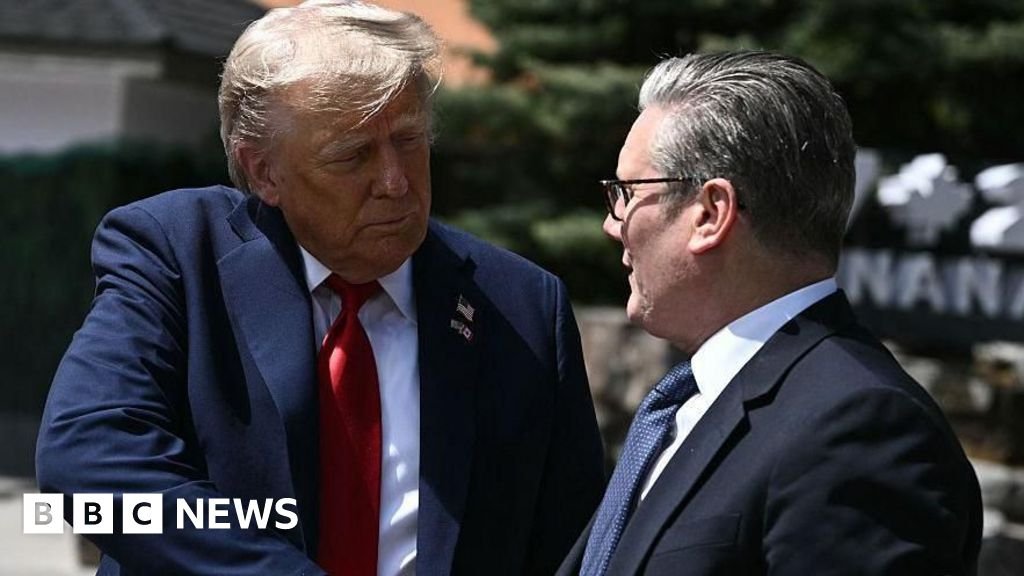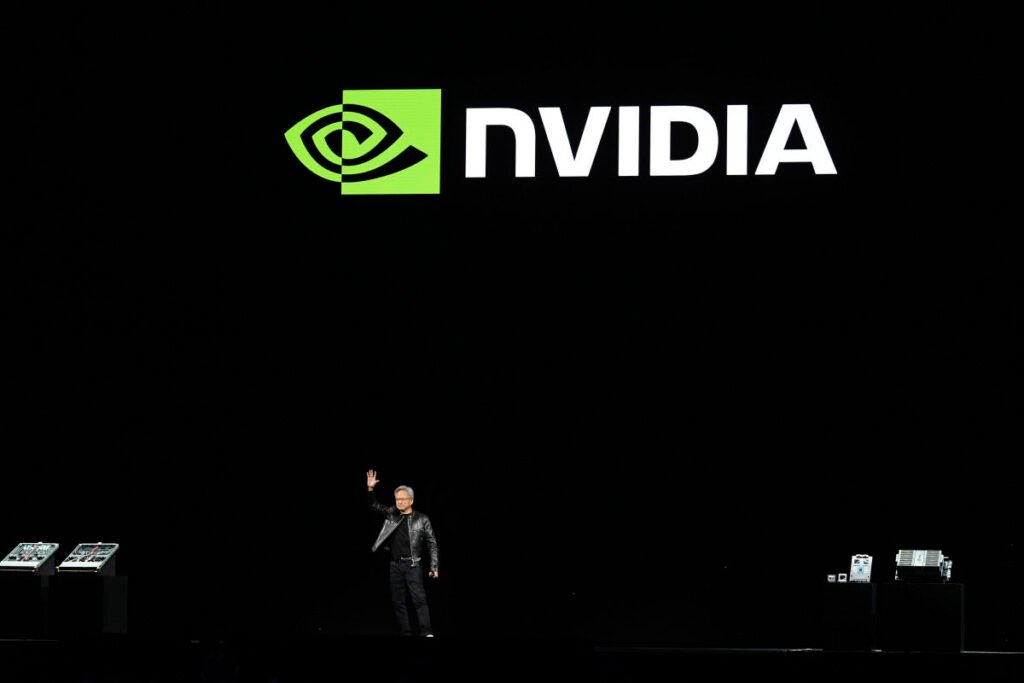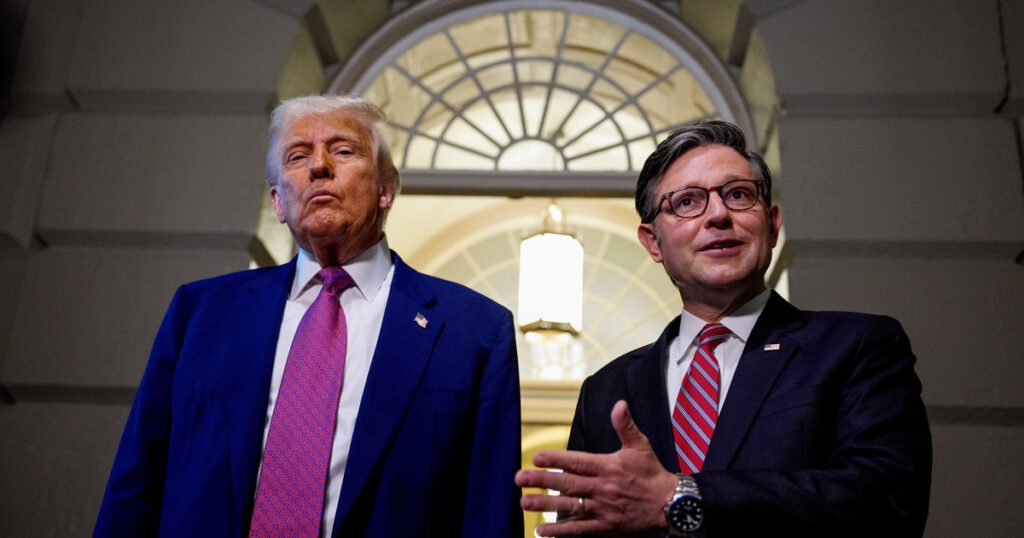Now Reading: ERC backs cutting-edge research with €721 million in funding |ERC
-
01
ERC backs cutting-edge research with €721 million in funding |ERC
ERC backs cutting-edge research with €721 million in funding |ERC

Ekaterina Zaharieva, European Commissioner for Startups, Research, and Innovation, said:
‘These ERC grants are our commitment to making Europe the world’s hub for excellent research. By supporting projects that have the potential to redefine whole fields, we are not just investing in science but in the future prosperity and resilience of our continent. In the next competition rounds, scientists moving to Europe will receive even greater support in setting up their labs and research teams here. This is part of our “Choose Europe for Science” initiative, designed to attract and retain the world’s top scientists.’
President of the European Research Council, Prof. Maria Leptin said:
‘Congratulations to the new grant winners! Much of this pioneering research will contribute to solving some of the most pressing challenges we face – social, economic and environmental, etc. Yet again, many scientists – around 260 – with ground-breaking ideas were rated as excellent, but remained unfunded due to a lack of funds at the ERC. We hope that more funding will be available in the future to support even more creative researchers in pursuing their scientific curiosity.’
Projects selected for funding
The new grantees’ work will cover a wide range of subjects; from developing a preventive vaccine for hereditary breast cancer, and investigating how diet and exercise affect brain cells related to ageing, to creating AI digital twins that mirror and enhance human thought and social skills, and exploring the hidden oceans on Jupiter’s and Saturn’s moons.
See more research examples.
Facts and figures
The new grantees will be based at universities and research centres in 23 EU Member States and associated countries, notably in the UK (56 grants), Germany (35), Italy (25), the Netherlands (24), and France (23). Among the winners are 45 Germans, 37 Italians, 26 Britons and 22 French, as well as researchers of 28 other nationalities.
This competition attracted 2,534 proposals, which were reviewed by panels of internationally renowned researchers. Over eleven percent of proposals were selected for funding. Estimates show that the grants will create approximately 2,700 jobs in the teams of new grantees.
Interested in applying for an ERC Advanced Grant? The 2025 funding round is now open for applications, with the deadline set for 28 August 2025.
On top of its standard grants, the ERC offers additional funding to help new grantees establish their laboratories or research team etc. This funding is now being doubled from up to €1 million to up to €2 million for researchers who relocate from elsewhere to EU member states or countries associated with Horizon Europe (see the updated work programme – page 18). This will apply already to the ERC 2025 Advanced Grant competition.
The increased funding aims to further help top scientists from around the world by easing their transition and establishment in Europe. Read more.
Applicants based in Switzerland
The statistics and list of successful candidates are provisional. The European Commission and the Swiss Government have concluded negotiations on the association of Switzerland to Horizon Europe. The signature of the agreement is expected to take place in 2025.
However, since the scope of the association agreement does not cover award procedures implementing the 2024 budget, no grant agreements will therefore be signed with host institutions established in Switzerland under the 2024 Advanced Grant call. Switzerland-based applicants may only receive EU funding if they transfer their proposed project to an eligible host institution. Alternatively, applicants may wish to contact the Swiss authorities for information on national funding that may be available.
The ERC, set up by the European Union in 2007, is the premier European funding organisation for excellent frontier research. It funds creative researchers of any nationality and age, to run projects based across Europe. The ERC offers four core grant schemes: Starting Grants, Consolidator Grants, Advanced Grants and Synergy Grants. With its additional Proof of Concept Grant scheme, the ERC helps grantees to bridge the gap between their pioneering research and early phases of its commercialisation. The ERC is led by an independent governing body, the Scientific Council. Since November 2021, Maria Leptin is the President of the ERC. The overall ERC budget from 2021 to 2027 is more than €16 billion, as part of the Horizon Europe programme, under the responsibility of European Commissioner for Startups, Research and Innovation, Ekaterina Zaharieva.



















































